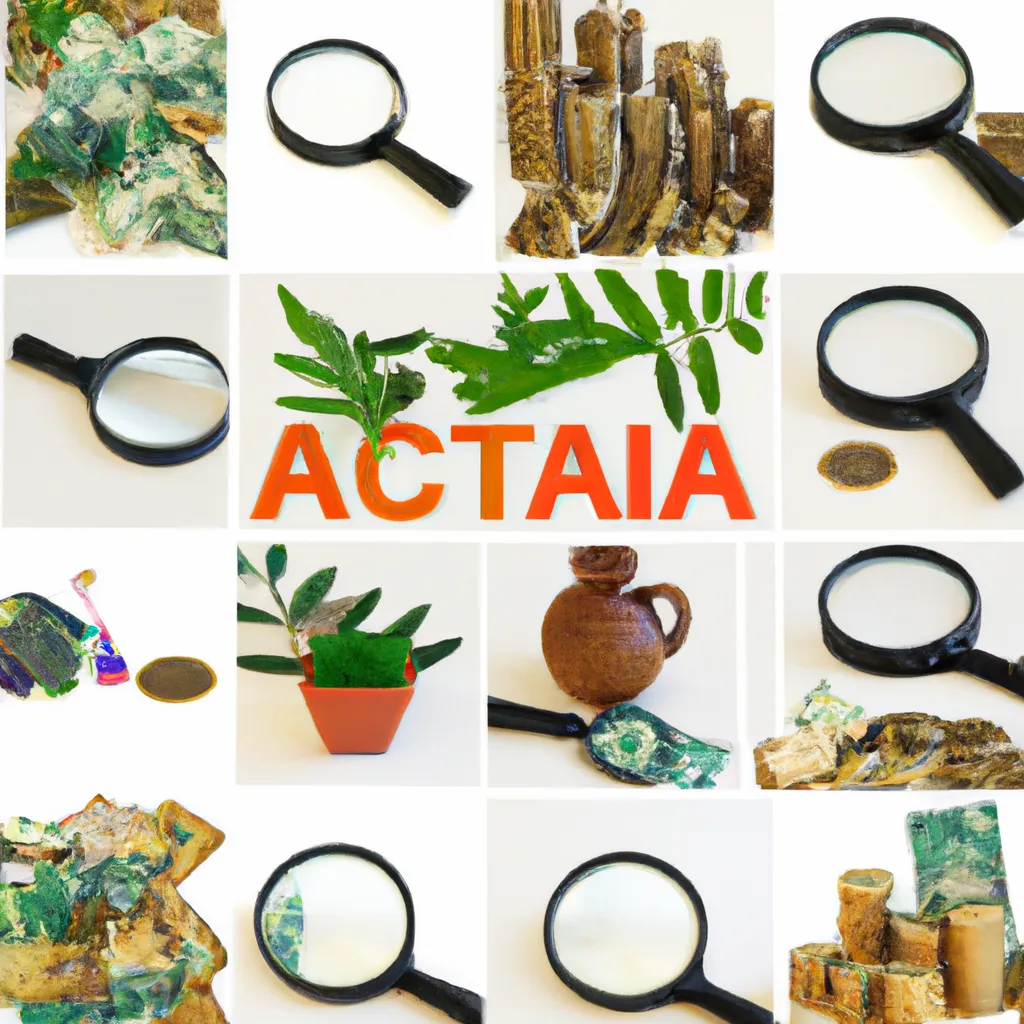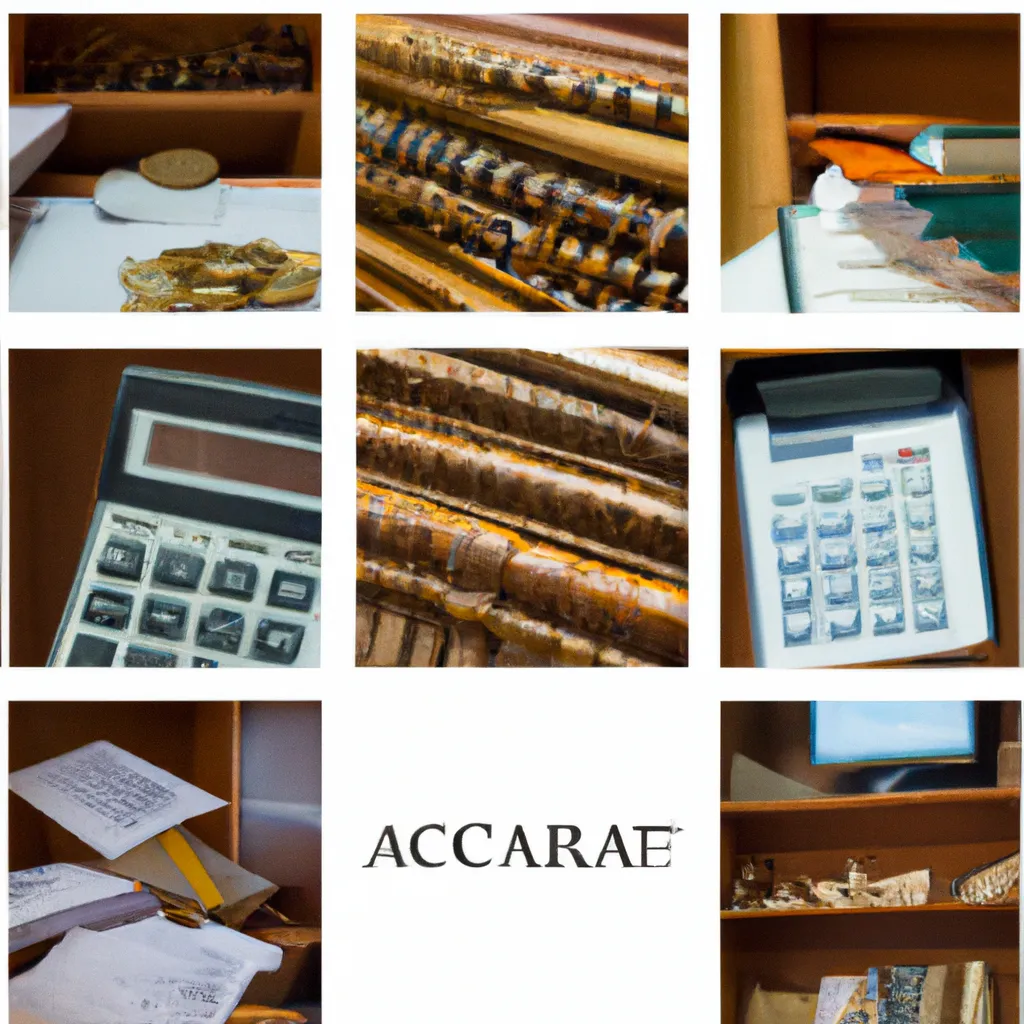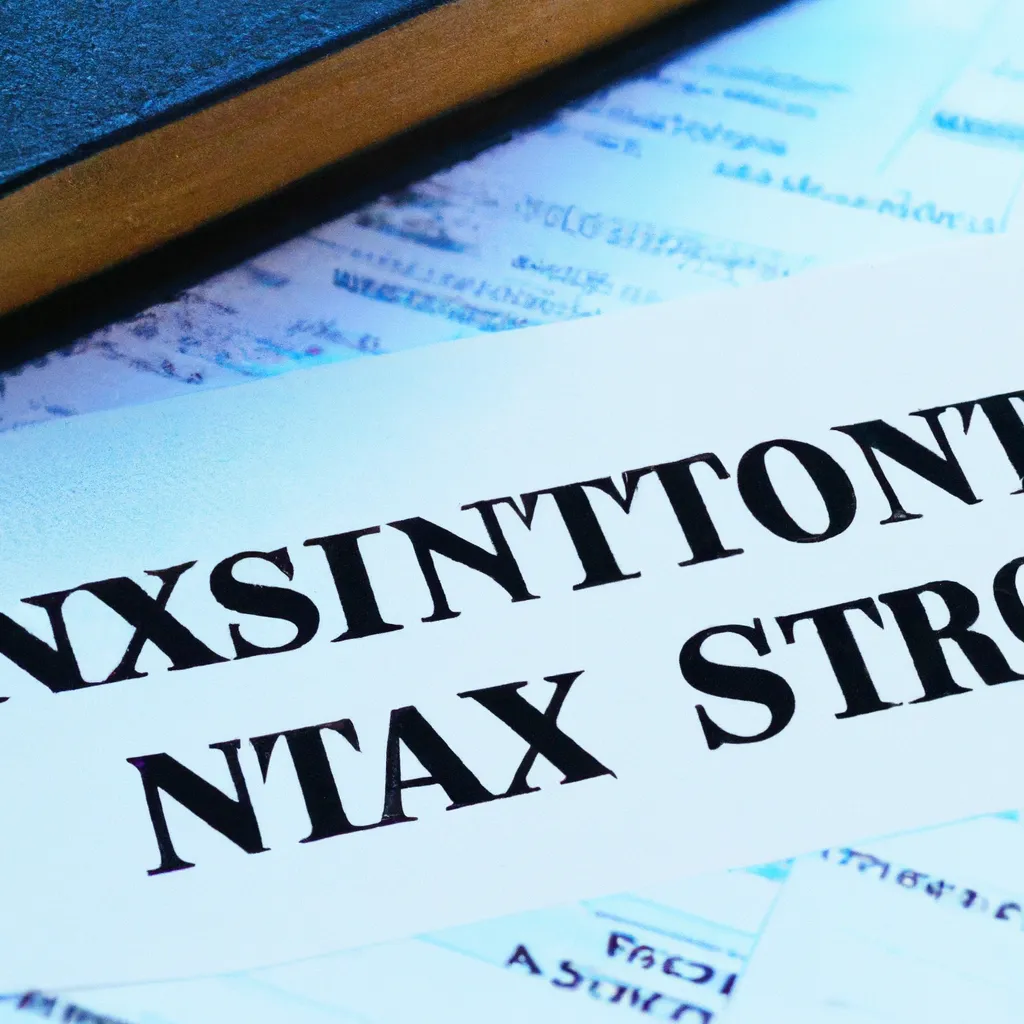Are you worried about how much you'll be taxed on your inheritance in Sydney, New South Wales. Inheritance tax is a major concern for many people, especially if you have received a significant amount from a loved one who has passed. But fear not, because in this tax guide, we'll show you how to maximize your savings and minimize your inheritance tax liability. Inheritance tax is a tax imposed on the transfer of property or assets from a deceased person to their beneficiaries.
In Sydney, NSW, this tax is known as stamp duty. It is calculated based on the total value of the deceased person's estate, with rates ranging from 0% to 17%. While there are some exemptions and concessions available, it's important to plan ahead and take advantage of tax-saving strategies to minimize your liability. But these are not the only things you need to know about inheritance tax in Sydney, NSW.
With the help of our tax guide, we'll delve deeper into the complexities of this tax and provide you with valuable insights and expert advice to help you navigate the system and maximize your savings. We'll also share tips and strategies from renowned tax experts to help you make informed decisions and manage your inheritance tax effectively. Don't let inheritance tax in Sydney, NSW drain your savings. With our comprehensive guide, you'll have all the information you need to minimize your tax burden and make the most of your inheritance.
So, let's jump into the realm of inheritance tax and learn how to make the most out of your inherited wealth.

Understanding inheritance tax
Inheritance tax is a type of tax that is paid on the value of an individual's estate when they pass away. It is also known as death duty or estate tax in some countries. In sydney, nsw, inheritance tax is governed by the australian taxation office (ato) and affects a wide range of individuals, including the wealthy, middle class, and low-income earners. In this article, we will delve deeper into the concept of inheritance tax and discuss the key terms you need to be familiar with. We will also highlight the benefits of planning for inheritance tax and provide some useful tips for minimizing its impact on your loved ones.
What is inheritance tax and who is affected by it?
When someone passes away, their estate, which includes their property, possessions, and money, is transferred to their heirs. Inheritance tax is a tax that is collected on the value of the deceased's estate before it is distributed to their beneficiaries. In australia, only the estates that exceed a certain value, known as the threshold or the tax-free threshold, are subject to inheritance tax. The value of the threshold varies for different states and territories, and it also depends on the relationship between the deceased and the beneficiary. For example, in nsw, the threshold for a spouse is $1.5 million, while for children, it is $156,402. The threshold for other beneficiaries, such as siblings or friends, is $78,151.
It is important to note that inheritance tax is not the same as income tax. While income tax is paid on the income earned during an individual's lifetime, inheritance tax is paid on the value of their estate after their death. Therefore, if you inherit money or property from someone, you are not required to pay income tax on it. However, you may have to pay inheritance tax if the value of the estate exceeds the threshold.
Individuals are also affected by inheritance tax if they receive a gift or inheritance from someone who passed away within three years of making a gift. This is known as the “gifts with reservation” rule, and in this case, the gift or inheritance will be included in the value of the deceased's estate for inheritance tax purposes.
Key terms to know in relation to inheritance tax
Before we dive into the key terms related to inheritance tax, it is essential to understand the difference between estate tax and inheritance tax. Estate tax is a tax that is paid by the estate before it is distributed to the beneficiaries, while inheritance tax is paid by the beneficiaries on the value of the assets they receive. In australia, there is no estate tax, and inheritance tax is applicable to estates that exceed the threshold.
Now, let's look at the key terms you need to know in relation to inheritance tax:
1. Executor/executrix: An executor or executrix is a person appointed by the deceased to administer their estate after their death. They are responsible for paying the deceased's debts, filing a tax return, and distributing the estate to the beneficiaries according to the will or intestacy laws if there is no will. 2. Beneficiary: A beneficiary is a person who inherits a gift or property from the deceased. They are responsible for paying inheritance tax on their inheritance if it exceeds the threshold. 3. Will: A will is a legal document that specifies how an individual wants their assets to be distributed after their death. 4. Intestacy: Intestacy refers to the situation where an individual passes away without a valid will. In this case, the state laws determine how the estate will be distributed.It is crucial to understand these key terms as they play a significant role in inheritance tax planning and administration.
Benefits of planning for inheritance tax
As with any type of tax, planning for inheritance tax can help minimize its impact on your loved ones and ensure your estate is distributed according to your wishes. Here are some benefits of proper inheritance tax planning:
1. Reduces tax liability: By planning for inheritance tax, you can ensure that your estate's value is below the threshold, thus avoiding inheritance tax altogether. 2. Control over estate distribution: By creating a will, you have control over who receives what from your estate after your death. This can help avoid any disputes or challenges among your heirs. 3. Protection of family assets: Inheritance tax planning can help protect your family assets from potential claims by creditors. 4. Peace of mind: Planning for inheritance tax can give you peace of mind, knowing that your loved ones will be taken care of, and your assets will be distributed according to your wishes after your death.Understanding inheritance tax is crucial for all individuals, regardless of their wealth or income. By familiarizing yourself with the key terms and benefits of planning for inheritance tax, you can ensure your estate is distributed according to your wishes and minimize any tax liabilities for your loved ones. As always, it is recommended to seek advice from a qualified cpa australia or chartered accountant to assist you in planning for inheritance tax in an efficient manner.

Navigating the inheritance tax process in sydney, nsw
Inheriting assets and property from a loved one can be a challenging and emotional process. However, on top of grieving and handling the logistics of transferring ownership, beneficiaries in sydney, nsw must also navigate the inheritance tax process. In this guide, we will discuss the role of cpa australia and chartered accountants in helping with inheritance tax and how to find a qualified tax specialist or advisor to assist with the process. We will also go over important deadlines and paperwork to keep in mind to ensure a smooth inheritance tax experience.
Cpa australia vs chartered accountants: who can help with inheritance tax?
Both cpa australia and chartered accountants are professional bodies that govern and regulate accounting and finance professionals in australia. However, there are some differences between the two that can affect their ability to assist with inheritance tax.
Cpa australia is the largest accounting body in the country, with over 160,000 members. They offer education and resources, as well as certifications and professional development opportunities for their members. Cpas are qualified to offer a broad range of financial services, including tax preparation, financial planning, and auditing. Therefore, they can assist with inheritance tax planning and preparation.
On the other hand, chartered accountants (ca) is a smaller professional body with around 120,000 members. Cas are known for their rigorous training and focus on audit and assurance services. They are also authorized to offer financial advice and taxation services. Therefore, they can also provide assistance with inheritance tax matters.
Both cpa australia and chartered accountants have strict codes of conduct and ethical standards that their members must adhere to, ensuring that clients receive reliable and competent services. Ultimately, both bodies have qualified and knowledgeable professionals who can help with inheritance tax in sydney, nsw.
How to find a qualified tax specialist or advisor
When it comes to handling inheritance tax, it is essential to find a qualified and experienced specialist to assist you. Here are some steps you can take to find a suitable tax advisor:
1. Do your researchStart by doing some research online to find potential tax specialists or advisors in sydney, nsw. You can also ask for recommendations from friends and family who have gone through a similar process. Make sure to read reviews and check for any complaints or disciplinary actions against the professional.
2. Check their credentialsEnsure that the tax specialist or advisor you are considering is a member of a professional body such as cpa australia or chartered accountants. This will guarantee that they have the necessary qualifications and are bound by a code of conduct.
3. Schedule consultationsOnce you have a list of potential tax advisors, schedule consultations with each one to discuss your situation and the services they offer. This will help you gauge their knowledge and expertise and determine if they are a good fit for your needs.
4. Discuss feesBe transparent about your budget and discuss fees with the tax advisors you are considering. Make sure to get a detailed breakdown of the costs involved in their services so that there are no surprises later on.
Important deadlines and paperwork to keep in mind
When it comes to inheritance tax, it is essential to stay organized and keep track of important deadlines and paperwork. Here are some crucial dates and paperwork to remember:
1. Lodge a notice of deathWithin 28 days of a person's death, a notice must be lodged with the commissioner of state revenue. This notice includes information such as the deceased's particulars, details of the executor or administrator, and a list of the assets and liabilities of the estate.
2. Lodge an inheritance tax returnAn inheritance tax return must be lodged within 12 months from the date of death, or any later date allowed by the commissioner. This return outlines the assets and liabilities of the estate and calculates the inheritance tax that is due.
3. Pay the inheritance taxThe inheritance tax must be paid within 12 months from the date of death, or any later date allowed by the commissioner. If the tax is not paid by the due date, interest will accrue on the outstanding amount.
4. Keep records and receiptsIt is crucial to keep records and receipts related to the estate's assets and liabilities, as well as any expenses incurred during the inheritance tax process. These documents will be required for the inheritance tax return and may be needed for future reference.
Navigating the inheritance tax process in sydney, nsw can be overwhelming, but having a qualified tax specialist or advisor by your side can make it more manageable. Remember to do your research and carefully choose a professional who will guide you through the process and ensure that all requirements are met in a timely and efficient manner. Keep track of important dates and paperwork to avoid any delays or penalties. With proper planning and support, you can successfully manage the inheritance tax process and honor your loved one's legacy.

Strategies for minimizing inheritance tax
Inheritance tax, also known as estate tax, is a tax that is imposed on an individual's assets after they pass away. As a cpa australia or chartered accountant in sydney, nsw, it is essential to be knowledgeable about the strategies that can be used to minimize this tax for your clients. In this section, we will discuss some of the most effective ways to reduce inheritance tax and provide valuable information to help you plan for your clients' future.
Maximizing available deductions and exemptions
One of the most straightforward strategies for minimizing inheritance tax is to maximize the available deductions and exemptions. This includes taking advantage of any applicable federal and state deductions, as well as utilizing any exemptions that may be available to your clients. For example, a common deduction is the marital deduction, which allows for tax-free transfers of assets between spouses. Other exemptions may include those for charitable donations or gifts to family members. As a cpa or chartered accountant, it is important to stay up-to-date on any changes to these deductions and exemptions.
Trusts and other effective methods for reducing inheritance tax
Another effective way to reduce inheritance tax is by utilizing trusts and other estate planning strategies. Trusts are a popular tool because they allow individuals to transfer assets to specific beneficiaries while still having control over how those assets are managed and distributed. By placing assets in a trust, they are no longer considered part of the individual's taxable estate. Other methods for reducing inheritance tax may include making gifts to family members or setting up life insurance policies with the beneficiaries listed as beneficiaries.
Common mistakes to avoid when planning for inheritance tax
When it comes to planning for inheritance tax, there are also some common mistakes that should be avoided. For example, waiting until the last minute to plan for inheritance tax can lead to rushed decisions and missed opportunities for deductions or exemptions. Additionally, failing to update estate planning documents such as wills and trusts regularly can also cause issues and lead to unnecessary taxes for beneficiaries. As a cpa or chartered accountant, it is essential to work closely with your clients to ensure their estate plans are up to date and reflect their current wishes.
As a cpa australia or chartered accountant in sydney, nsw, it is crucial to be knowledgeable about strategies that can help minimize inheritance tax for your clients. By maximizing available deductions and exemptions, utilizing trusts and other estate planning techniques, and avoiding common mistakes, you can provide valuable guidance and help your clients plan for their financial future. Remember to stay updated on any changes to inheritance tax laws and always work closely with your clients to create a personalized plan that meets their unique needs and goals.
The importance of seeking professional advice
When it comes to managing your finances, especially when dealing with intricate matters such as inheritance tax, it is crucial to seek professional advice. Many individuals may feel intimidated by the costs of hiring a tax specialist or advisor, but the benefits far outweigh the expenses. Not only can their expertise save you time and stress, but it can also help you save money in the long run.
Why having a qualified tax specialist or advisor is crucial
The tax laws and regulations surrounding inheritance tax are complex and can be overwhelming for individuals without a background in finance or accounting. This is why seeking the help of a qualified tax specialist or advisor is crucial. These professionals have a deep understanding of inheritance tax laws and regulations and can navigate them efficiently to ensure you are in compliance and are not overpaying on taxes.
Additionally, having a professional handle your inheritance tax affairs can save you time and relieve you of stress. They can take over the responsibilities of preparing and filing tax documents, keeping track of deadlines, and communicating with the necessary government agencies. This allows you to focus on other important matters in your life without the added burden of managing your taxes.
Moreover, a qualified tax specialist or advisor can provide personalized advice and guidance tailored to your specific financial situation. They can help you understand the potential tax implications of your financial decisions and offer strategies to minimize your tax burden. This can result in significant tax savings in the long run.
Real life examples of how professional advice helped minimize inheritance tax
To further emphasize the importance of seeking professional advice, let's look at some real-life examples of how it has helped individuals minimize their inheritance tax burden.
case study 1: john and sarah
John and sarah inherited a large estate from their parents with a value of over $1 million. They were initially overwhelmed by the thought of handling the complex inheritance tax process on their own. However, after seeking the help of a cpa australia tax specialist, they were able to minimize their inheritance tax liability by using legal deductions and planning techniques. The tax specialist also helped them navigate through the complicated paperwork and deadlines, ultimately saving them both time and money.
case study 2: mary
Mary received an inheritance from her grandmother, but was unaware of the potential tax implications. She consulted with a tax advisor who informed her of the limits and exemptions for inheritance tax in her specific situation. The advisor also provided guidance on how to structure her inheritance to minimize the tax burden. As a result, mary was able to save a significant amount on inheritance tax.
Questions to ask a tax specialist or advisor before hiring them
Before hiring a tax specialist or advisor to handle your inheritance tax affairs, it's important to ask them some relevant questions to ensure they are qualified and the right fit for your needs.
Some questions to ask may include:
- what is your experience with inheritance tax laws?
- are you a member of any professional organizations such as chartered accountants or cpa australia?
- can you provide references or case studies of clients with similar situations to mine?
- how do you charge for your services?
- what is your approach to minimizing inheritance tax for your clients?
Asking these questions can help you better assess the qualifications and expertise of the tax specialist or advisor and ensure you are making an informed decision.
In summary, having a professional tax specialist or advisor to assist with your inheritance tax matters is crucial for saving time, stress, and money. With their expert knowledge and personalized advice, you can ensure that you are not overpaying on taxes and are in compliance with all necessary laws and regulations. By asking the right questions and finding a qualified professional, you can feel confident and at ease when handling your inheritance tax affairs.
No tags for this post.
